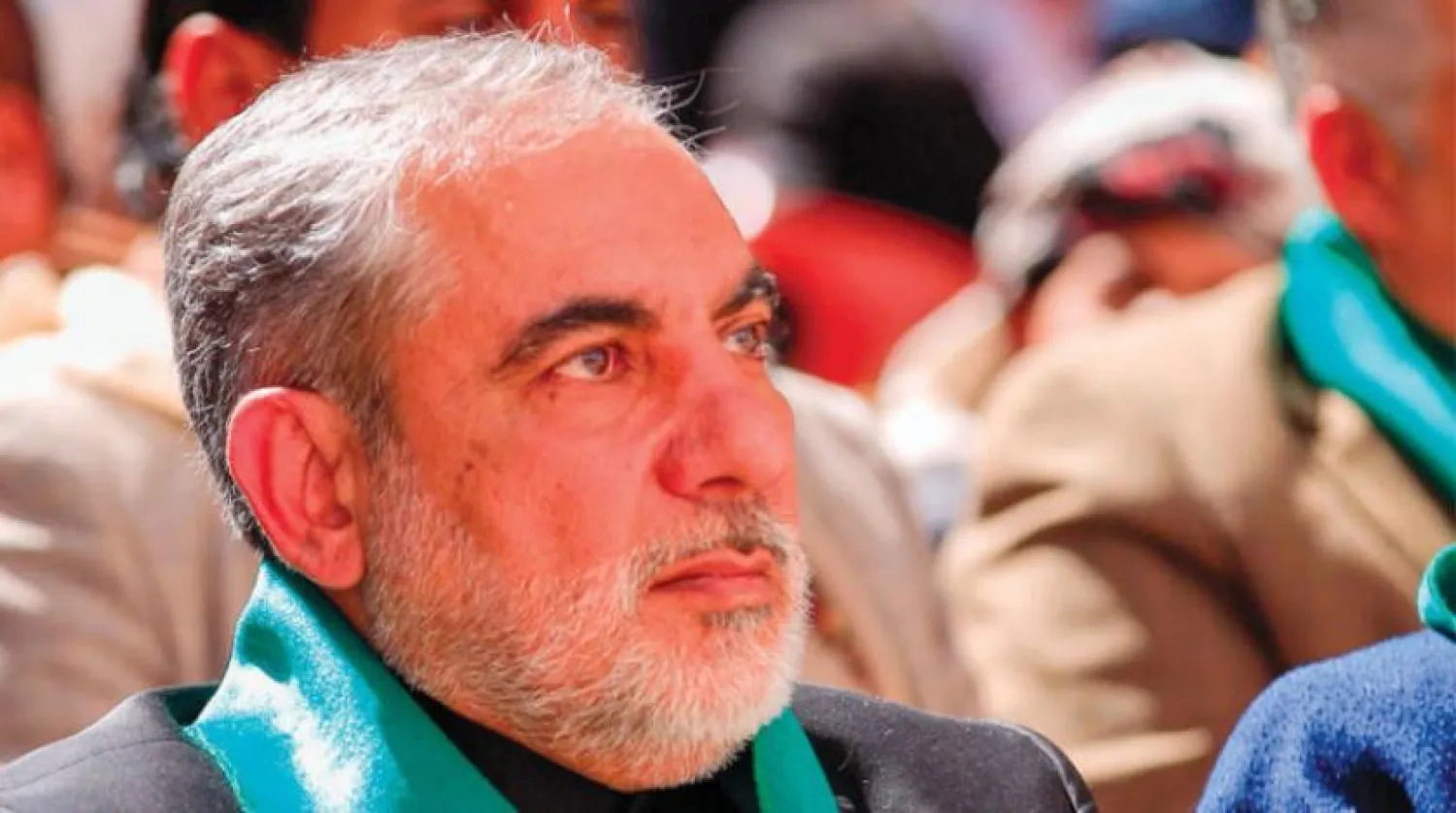Remarks by Iran’s so-called “ambassador” to Yemen, Hassan Eyrlou, have sparked widespread public anger in the battle-weary nation. Politicians and Yemenis alike were enraged by Eyrlou’s blatant rejection of a Saudi peace initiative and call for rebooting negotiations.
The official’s statement preceded an anticipated speech by leader of the Iran-backed Houthi militias Abdul Malik al-Houthi during which he is expected to respond to the Saudi initiative.
Yemeni Foreign Minister Ahmed bin Mubarak slammed Eyrlou’s refusal as “provocative,” especially when the militias continue to press on with their campaign against the oil-rich northeastern governorate of Marib.
Other than Marib, where over a million refugees have sought safety, displacement camps in the northwestern governorate of Hajjah were also targeted by Houthi projectiles. This took place at a time Yemeni army troops advanced on multiple battlefronts.
Eyrlou, who is an officer in the Iran’s Revolutionary Guard’s Quds Force, had alleged that the Saudi initiative could prolong the Yemeni crisis instead of ending it.
“It is a project for a permanent war, a continuation of the occupation and war crimes,” he tweeted despite Yemeni and international consensus that the peace plan presents a “true opportunity” for ending the war.
Eyrlou went on to set several preconditions - interpreted as dictates to the Houthis - for positively engaging in the initiative.
They included halting military operations against the Houthis, lifting restrictions inhibiting the flow of goods to areas run by the militias and the Arab coalition ending its support for the legitimate Yemeni government.
Foreign Minister bin Mubarak discussed Erylou’s statements with Russia’s ambassador to Yemen, Vladimir Dedushkin.
“I hope that Iran’s negative stances and provocative statements by Erylou will not impede the Houthis from accepting and positively engaging in the initiative,” the top diplomat told Dedushkin.









